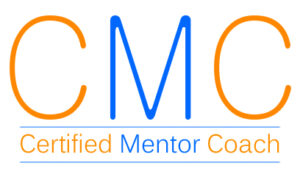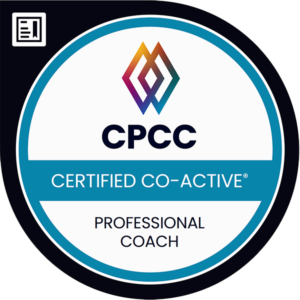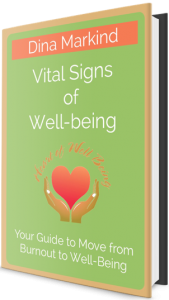No matter where you are and what you do, your relationships are the biggest indicator of your well-being. At work, the most impact usually comes from who you work for and who you work with. Relationships beyond work also play a critical role in your well-being; they can tip the balance of how well you’re coping with work pressures. It is often pressures outside of work that end up being the straw that broke the camel’s back with regard to burnout.
For physicians and nurses, your patients change from appointment to appointment and from day to day. Though, sometimes it may seem to you that archetypes come in and out. This depersonalization to diagnosis or personality type is a sign of burnout. It interferes with your relationship with the person in front of you, as well as your well-being more broadly.
Since May is the month of my anniversary, I’ve decided to focus this month on cultivating positive relationships. There are a few essentials to fulfilling relationships whether they are at work, in your community, or in your family. The degree of implementation of these basics will vary in each setting. All require good communication, expressing and listening to words as well as the feelings, needs and hopes underlying the words.
Here is a list of what I and others* have seen as essential.
- Cultivate relationships by spending time together and putting forth kind thoughtful effort in how you interact with the other person. How does this play out in your patient encounters? Do you have room in your EHR to record something important to the patient that you may want to ask about in the future, a daughter’s wedding, a spouse’s illness etc? Asking a question based on that individual shows thoughtfulness.
- Appreciate the positive and the positive appreciates. Think about what you appreciate about the relationship and the other person, and articulate this. Letting co-workers as well as family members know you appreciate them strengthens your relationships. Everyone appreciates a compliment.
- Be Authentic – Know and Be Known. Honesty paired with kindness builds trust, whether with a patient, co-worker or spouse. Bravado puts people off; genuine interest in the other, as well as sharing of knowledge, stories, ideas and experiences can all strengthen relationships. Yes, your patients want you to be sure of your decisions regarding care and they also want you to be genuinely empathetic. If something arouses your anxiety it is probably a cue for you. You can say something like “This seems scary for you. I’d be concerned with this diagnosis initially too.” In this way, you’re revealing a bit of yourself and connecting with your patient on an additional level.
- Allow for and manage conflict – discuss ideas and behaviors objectively, do not personalize or globalize; avoid words like always and never. In practice you probably don’t use these words with patients, but you may be thinking them either with patients or co-workers. When conflict does arise, know that it is a natural part of any relationship, even the relationship you have with yourself. (see future post about allowing for and dealing with conflict.)
What’s on your list for ensuring positive relationships? Share your thoughts. For a more personal approach to cultivating your relationships contact me.
You can leave comments by clicking the text bubble on the blog post.
Dina, 203.744.YOU3 (9683)
Revitalize Your Life
If you like this post and know others who may benefit from it, please share. If you’re not yet on my list, please sign up to receive articles regularly.
*Gottman, Gottman and DeClaire, Ten Lessons to Transform Your Marriage, Three Rivers Press, 2006
Lyubomirsky, Sonja, The How of Happiness, Penguin, 2007
Schnarch, David, Intimacy & Desire, Beaufort Books, 2009





